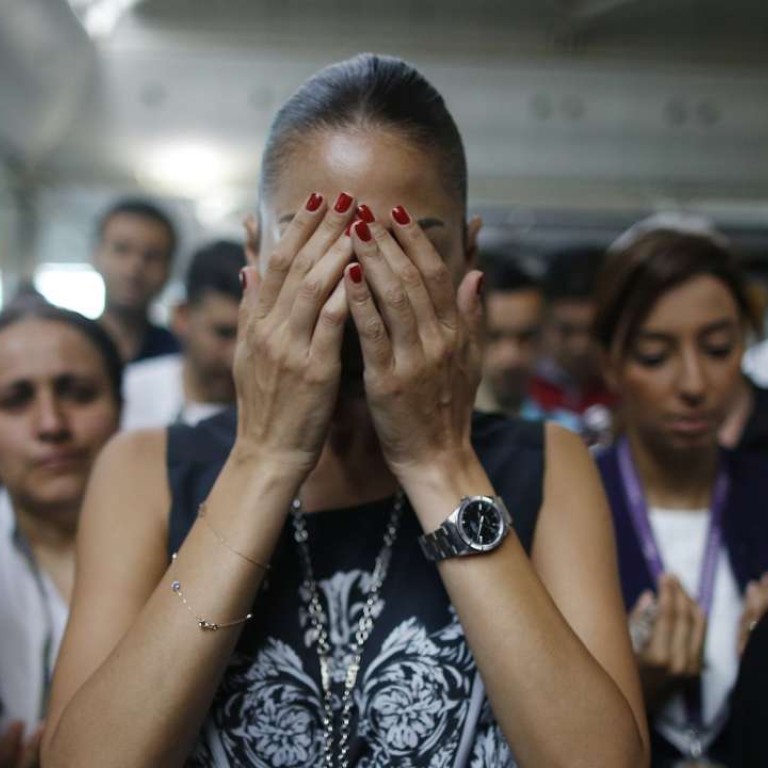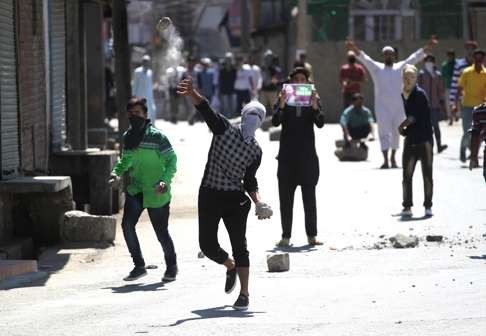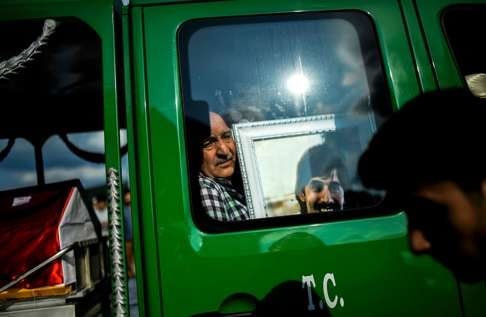
How terrorists’ radical ideology thrives in an ‘us and them’ world
Andreas Herberg-Rothe and Miriam Förstle say terrorism and other attacks by disillusioned youth reinforce the need to rediscover equality as a human right
Forms of seemingly irrational violence within society and even sexualised or racial violence are dramatically on the rise worldwide. We see radicalisation and especially a turn to ideology in communities, societies and states. The common denominator is a type of thinking characterised by the feeling of “We against the Rest”.
At the same time, people everywhere struggle with the loss of their identity in today’s “liquid modernity”, a concept coined by sociologist Zygmunt Bauman.
There are two very different developments in the current phase of globalisation. For one, globalisation enables the former great empires and civilisations (China, Russia, India) to tie in with their former status as great powers, and it accelerates the rise of emerging nations (Brazil, possibly Turkey and Iran). Yet, more disturbing at present seems to be the disintegration of traditional identities and forms of government, accompanied by enormous social inequalities. This leads to fragmented identities, as in the case of the perpetrators of the current wave of suicide attacks in Germany, and a reach for ideology in intra-societal conflicts. This accounts for the popularity of Donald Trump and the Brexit result.

There’s another side to global terrorism that isn’t getting the attention it deserves
As an organisation, the Islamic State comprises groups of youth perpetrating violent actions that were set “free” from their social environments. By generalising, one could argue that depending on societal and cultural environment, these young men can become child soldiers in sub-Saharan Africa, Islamic State supporters and fighters, lonely terrorists, members of youth gangs that control the suburbs and slums from Paris to Rio, hooligans, members of mafias and drug cartels, “railway-station kids”, or networks of minor criminals. The fundamental problem is we had assumed that the uprooted, redundant and excluded members of society would eventually come to terms with their destiny. Recent events seem to suggest this is no longer possible.
After Nice, we all must learn to live with a certain amount of terrorism
Various attempts at explaining the outburst of violence within the Islamic-Arab world or conducted by Islamists allude to differences in culture and religion, and in part also to patriarchal structures. This should not be disregarded, but more serious is the fact that the patriarchy, as well as political Islam, have failed in many parts of the world – failed in the face of the pressure of social change through globalisation. The “old” societies of the Islamic-Arabic world crumble with the social change of a “fluid” modernity.

Terror charges for five ‘accomplices’ of Nice truck attacker, who plotted atrocity for months: prosecutor
Whereas before, identity was determined by fixed social and spatial borders, which could offer a separate and secure space in individual cases, these secure spaces no longer exist. We all live in different spaces and contexts and must cope with the task of continuously balancing these different sides. If this balance fails, the societal problem is fragmented identities. The consequences are “fluid identities”, personality disorders, and redundant young persons who are “liberated” from social contexts.
The young men in the Islamic-Arabic world no longer have a place in this “brave new world”. At home, they are subjected to a rigid sexual morality, and on the internet they experience the “virtual world” of the “porno generation”. In many societies, globalisation dismantles traditional identities of communities, as well as of individuals. Fragmented souls and fluid identities of people lead to contrasting ways of behaviour – self-hatred and the exertion of violence in smaller groups, through which the individuals no longer feel “powerless”.

Attack in Turkey a reminder that we cannot let our guard down
Politicians and Western media have claimed repeatedly that terrorist attacks are attacks on our freedom. Perhaps an overemphasis on freedom is the problem. Attacks affect the freedom to congregate, visit concerts, and travel in the wider world. But much more, they are an attack on fundamental human equality. We need to rediscover the equality of people as a human right and create a balance and harmony, together with freedom, in order to forestall violence by individuals and groups of young men.
Andreas Herberg-Rothe is a renowned Clausewitz scholar and senior lecturer at the faculty of social and cultural studies, University of Applied Sciences, Fulda, Germany. Miriam Förstle is his assistant in the research project “Western and non-Western conceptions of international relations”
